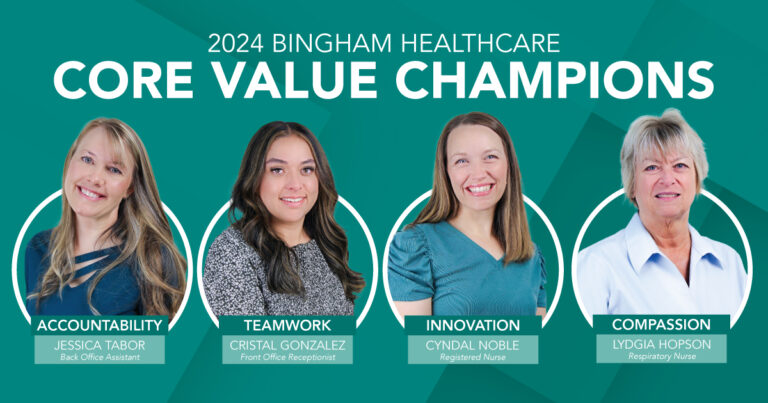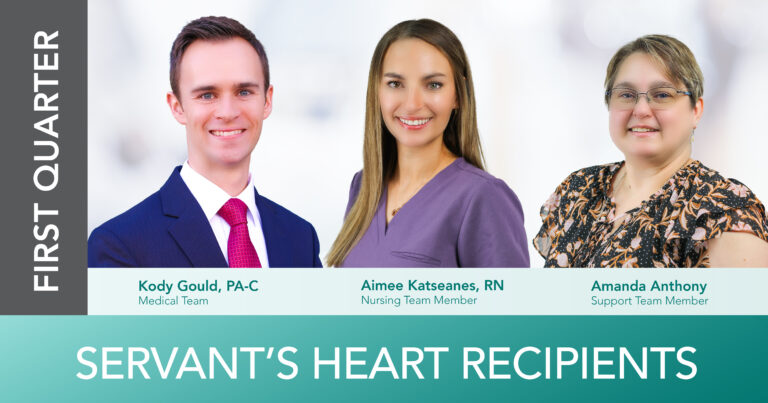
What You Should Know About Osteoporosis
Osteoporosis is a medical condition in which the bones become brittle and fragile from loss of tissue, typically as a result of hormonal changes or deficiency of calcium or vitamin D. Not too long ago, osteoporosis was considered a natural part of aging among women. Today, we realize the disease can affect people at any age—both men and women.
According to the National Osteoporosis Foundation, 54 million Americans have osteoporosis or low bone mass, putting them at risk for broken bones. As a result, one in two women and up to one in four men over age 50 will break a bone in their lifetime due to osteoporosis.
Osteoporosis is no longer considered natural or unavoidable—it is largely preventable.
Maintaining bone health is a lifelong process that begins in childhood. Poor bone growth in early years is as serious as bone loss in later years. Eating well is essential for good bones, and getting enough calcium is the most important factor for reaching peak bone mass and for preventing and treating osteoporosis.
Only about 25 percent of boys and 10 percent of girls between age 9 and 17 are getting the recommended amount of calcium. Their diets are too low in dairy products, fruits, and vegetables and too high in low-calcium beverages such as sodas. Older adults are advised to consume 1,000 to 1,500 milligrams a day of calcium. While the preferred source of calcium is dietary, calcium and vitamin D supplements may be necessary for people who don’t get recommended intake from food.
Exercise is also necessary for building and keeping strong bones through adulthood. Early in life and into the middle years, exercise helps you achieve peak bone mass. Resistance and high-impact workouts provide the most benefit. In older adults, even past the age of 90, exercise can be crucial. Not only can it slow bone loss, it can also increase muscle mass and strength, decreasing the risk of falls and fractures.
In the 5 to 7 years after menopause, a woman can lose up to 20 percent of her bone density. Even though guidelines call for all women to get screened for osteoporosis in their 60s, they should start talking to their doctor about bone density testing in their 50s.
Getting Screened
Angelo Capricchione, MD, is a board-certified endocrinologist at Bingham Memorial Hospital. He specializes in the treatment of osteoporosis, diabetes, and thyroid disorders. If you think you’re at risk or need a screening, please contact Dr. Capricchione’s office at (208) 785-3865.



